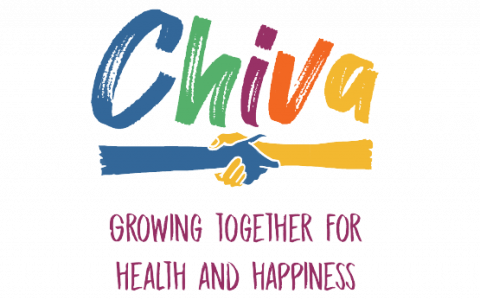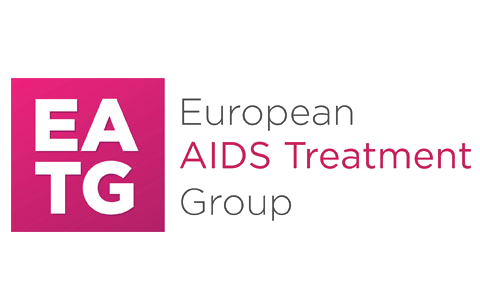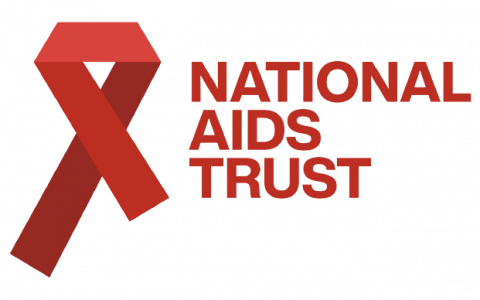Case Study
Romania – UNOPA psychological support and legal counselling services

Through this initiative, UNOPA aims to fight HIV-related discriminations and provide people living with HIV with the relevant guidance, including legal support, to ensure that such discriminations can be reported.
-
ContextThe National Union of Organisations of People Affected by HIV/AIDS (UNOPA) is the only non-governmental federation in Romania bringing together organisations of people affected by HIV/AIDS, focused on advocacy for promoting and defending the rights of people infected and affected by HIV/AIDS in Romania.
-
IntroductionUNOPA offers psychological support and legal counselling services for victims of HIV-related stigma and discrimination.
-
AimsThrough this initiative, UNOPA aims to fight HIV-related discriminations and provide people living with HIV with the relevant guidance, including legal support, to ensure that such discriminations can be reported.
-
Method
UNOPA offers legal support and guidance to people living with HIV to document experienced discriminations and to report them to institutions that can solve and sanction the act (including the National Council for Combating Discrimination).
UNOPA accompanies people living with HIV through the reporting of related discrimination and can go so far as to call upon the responsible employers/institutions to prevent future cases and to sanction employees who stigmatize or discriminate.
-
ResultsThis project showcases the need for people living with HIV to be enabled to take actions themselves against experienced discriminations.
-
Recommendations
- Patient associations should have legal and financial support from state authorities to train people with HIV to identify and report discrimination as well as ask for damage compensation. Special budgeting should be provided by the state to establish an internal entity for providing experts advice for psychological support and legal representation for stigma and discrimination situations.
- In Romania it is not systematically allowed for people living with HIV to have an attendant / companion during medical consultations but can be accepted only upon practitioner’s consideration. As demonstrating acts of HIV related discrimination in healthcare system is challenging, legal provisions enabling the patient to have a companion when he requests medical services should contain access to emotional and practical support, including the right to have a possible witness of potential discrimination.







